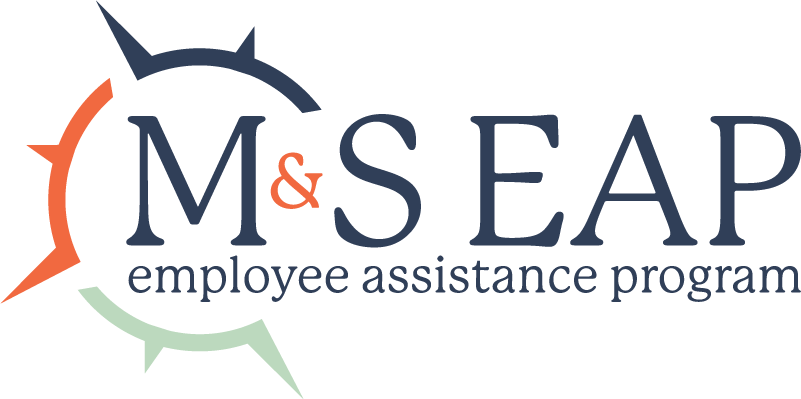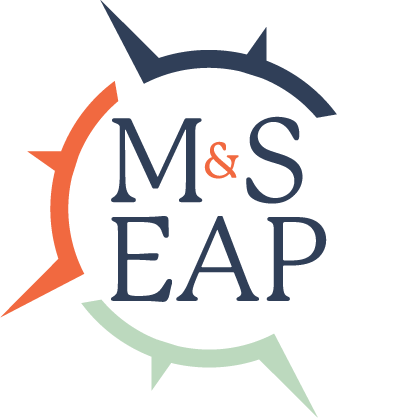Helpful Practices in Managing Your Employees and Mental Health

It can be difficult for an employee to share with their employer that they are having mental health concerns, and it can then be difficult for the employer to know how to effectively manage these issues. Compassion, communication and flexibility are the keys to both employers and employees thriving in the face of mental health issues.
Encourage having open lines of communication
You don’t want to pressure your employee into disclosing too much information about their mental health if they don’t feel comfortable, but it’s important that they feel comfortable sharing anything at all. They should never feel judged or afraid they will be reprimanded for bringing up their mental health concerns. Encourage your employees to come to you with any issues, and you will work with them in kind.
If an employee does share with their manager or Human Resources that they are having mental health issues, pause before taking any action. Ask your employee what they feel the best solution would be, and what kind of support they would like to see from the company. You can communicate and work together to find a solution.
Remember that your employees are human
In a management position, it is common to only get to know your employees within the context of work, and it’s easy to forget that they have lives outside of the office. When an employee is looking for support with mental health issues, approach their concerns not from a manager’s lens but from that of an empathetic human being. Your first response should be ensuring that your employee is safe and taking care of themselves, not worrying about a potential impact to the company.
Be flexible
Each of your employees with mental health issues will have different needs. If one employee requests to work from home to accommodate their mental health concerns, don’t assume that all employees will make the same request or that it is the best solution for everyone with mental health issues. To the extent possible, work with each of your employees to find a solution that works for you both. A company’s flexibility might include working from home when necessary, in addition to allowing for extra time off for counseling appointments and more frequent breaks throughout the day to decompress. On the other hand, if an employee asks you to help provide them with structure, work with them to find schedules, deadlines and guidelines to help them thrive.
Manage workplace stress
You aren’t expected to eliminate workplace stress entirely, but identify areas that might be particularly stressful to an employee with mental health issues. If one of your affected employees is frequently placed on high-pressure projects with short deadlines, see if there are other projects where their skills could be utilized. If your employee feels that their workload is too much for them to handle, delegate non-critical work to other employees so that they can catch up.
Be there for your employees
Once your employees have confided with you about their specific mental health issues, you are likely more attuned to their behavior and any changes in it. If one of your employees is beginning to withdraw or show other signs of distress, first examine their workload to find possible triggers of stress. Next, go to your employee to say that you’ve noticed their change in demeanor and would like to help where possible. Present solutions; you see that they have a big deadline coming up, but you are able to delegate that work to other employees and instead give them a lower-intensity project. Finally, reassure your employees. You are not taking them off a project because you don’t think they can handle it, you want to help them thrive and have found solutions that benefit your employee and the team.
Utilize an employee assistance program
An employee assistance program (EAP) can help you help your employees through their mental health concerns with respect to work. EAPs provide free and confidential support services to your employees, including mental health counseling, addiction counseling, family counseling and services, domestic violence support, grief counseling, marriage counseling and stress and time management support. Your employees benefit from having an EAP available to them, in ways that include increased quality of life, improved work performance, decreased work-related stress, increased employee engagement and reduced overall healthcare and disability claims costs.
Mazzitti & Sullivan EAP supports your organization and your employees by providing critical services through our EAP. Reach out today at 800-543-5080 to learn more about how an EAP can benefit you and your employees in the face of mental health concerns.



